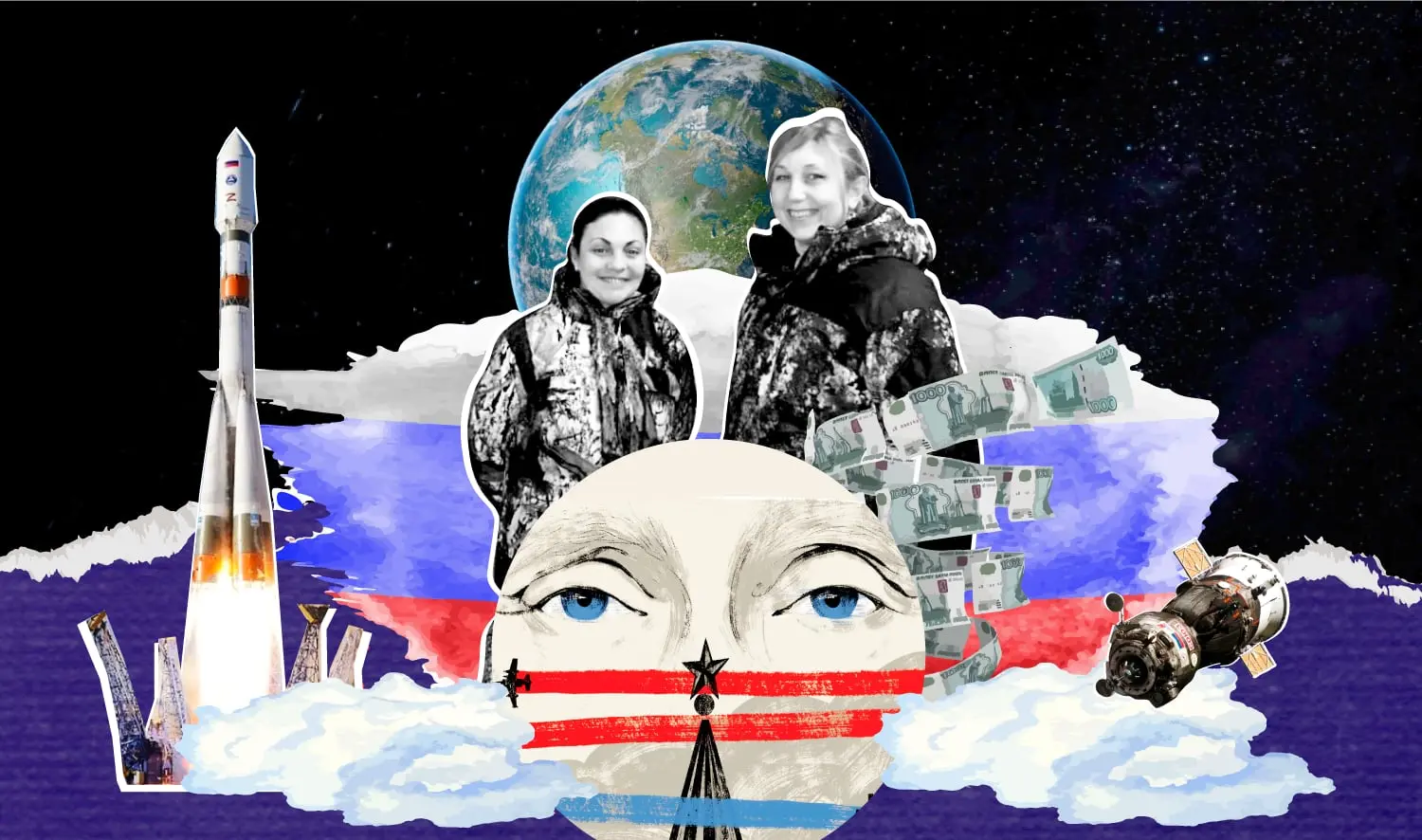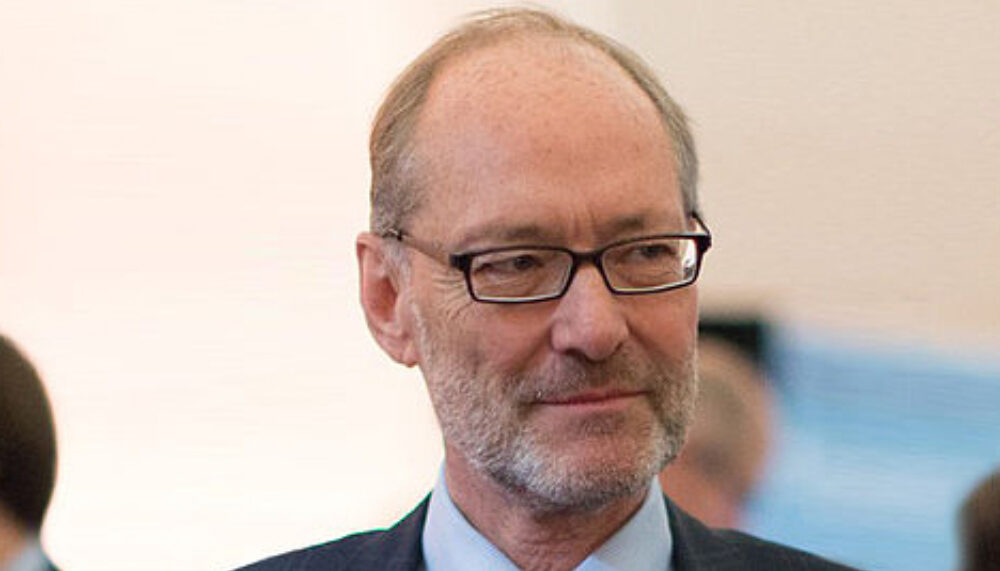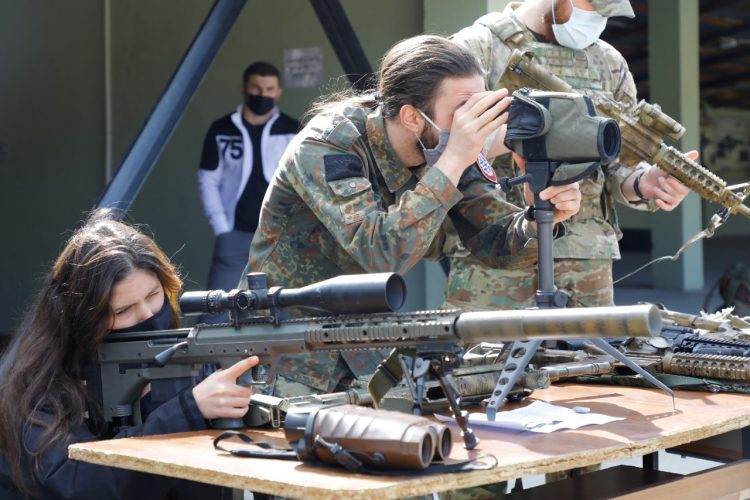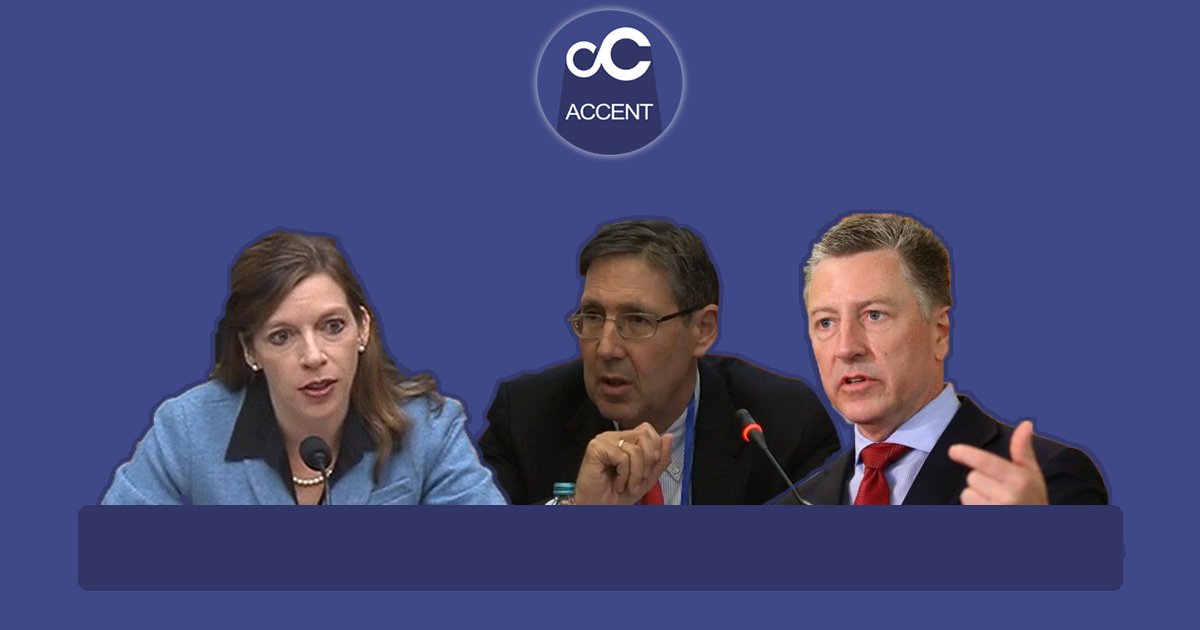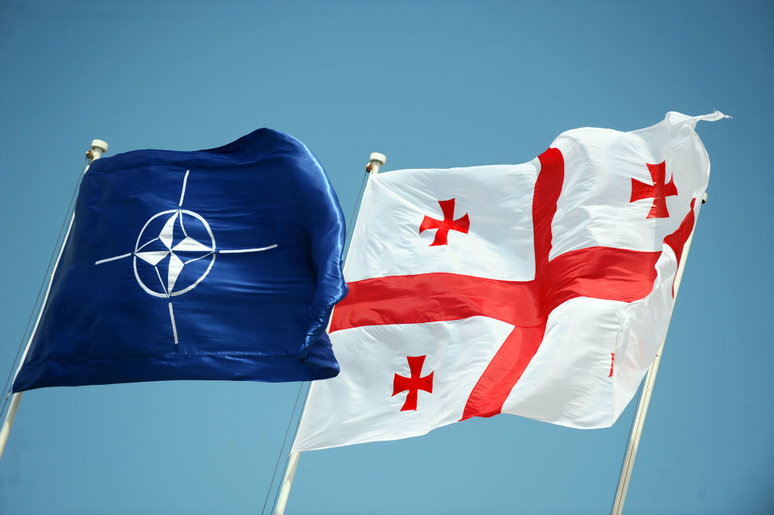
NATO – We welcome steps undertaken by Georgian authorities to promote its economic development and security, Putin’s energy leverage is weakening
19/12/2022 13:59:05 Politic
The leaders of Azerbaijan, Georgia, Hungary, and Romania have signed an agreement in Bucharest to build an underwater electric cable under the Black Sea.
The project could become a new power source for the European Union as the bloc seeks to reduce its reliance on Russian energy.
"We welcome all steps undertaken by the Georgian authorities to promote its economic development and security. This includes the development of infrastructure of strategic importance," NATO told the Accent on Monday.
NATO said that Russian President Vladimir Putin’s energy leverage is weakening:
"Furthermore, for too long, Europeans have been dependent on Russian oil and gas. Russia has weaponised energy and tried to use it to blackmail us, and prevent us from supporting Ukraine, but President Putin has not succeeded. Allies are taking extraordinary steps to decrease energy use and diversify energy supplies. Storage sites for gas in Europe are at capacity. Allies are securing liquefied natural gas contracts, prolonging nuclear reactors and restarting coal-fired plants. Russia now provides less than 10 percent of Europe’s gas, down from 45 percent before the war. This represent a buffer against further cut-offs of Russian supplies or other shocks. The G7 also agreed to cap the price for Russian oil, further limiting the revenues that fund the Kremlin's war, and Allies will continue to invest in stable and reliable energy supply, suppliers, and sources. So President Putin’s energy leverage is weakening."
According to the Alliance, Georgia is facing Russian pressure and NATO is committed to do even more to help strengthen its resilience and capabilities to defend itself.
"NATO’s partnership with Georgia is on a solid track. The foreign ministers of Georgia, Bosnia and Herzegovina and Moldova attended the meeting of NATO Foreign Ministers in Bucharest at the end of November. These three countries are facing Russian pressure and NATO is committed to do even more to help strengthen their resilience and capabilities to defend themselves. For Georgia, we are committed to increasing our support by building on the Substantial NATO-Georgia Package, including in the areas of situational awareness, secure communications, resilience and cyber, as well as by helping Georgia to develop its own cyber capabilities and by providing additional personnel to the NATO Liaison Office in Georgia," NATO told the Accent.
The Memorandum signing ceremony was held in Romania's Cotroceni Palace on December 17. The document was signed by the Prime Minister of Georgia, Irakli Garibashvili, the President of the Republic of Azerbaijan, Ilham Aliyev, the Prime Minister of Romania, Nikolae Chuka and the Prime Minister of Hungary, Victor Orban. The President of the European Commission, Ursula von der Leyen attended the ceremony.
The agreement involves a 1,100-km (685-mile) electric cable of 1,000 MW under the Black Sea, from Azerbaijan to Romania, as part of wider European Union efforts to diversify energy resources away from Russia amid the Ukraine war.
“Given the current security context marked by the military aggression against Ukraine we need to cooperate better and show more solidarity to mitigate common challenges,” Romanian President Klaus Iohannis told the meeting also attended by European Commission President Ursula von der Leyen.
“Our energy co-operation responds to a strategic impetus. It will enhance our energy resilience and ensure diversification of supply and transport routes. It is market driven given increased energy demand in Europe,” Iohannis said.
Von der Leyen told the meeting that the EU’s strategy to turn its back on Russian fossil fuels and diversify towards what she called “reliable energy partners” was working.
She said the EU was ready to provide financial support to the project pending the results of a feasibility study.
“To integrate a growing share of renewables, we need indeed stronger electricity interconnections. This is why the Black Sea energy cable between Romania, Georgia and Azerbaijan is so important,” von der Leyen said.
“It will help reinforce our security of supply by bringing electricity from renewable sources to the EU via Romania and through Hungary.”
Von der Leyen said the Black Sea cable could transform Georgia into an electricity hub and integrate it into the EU internal power market, while it could also help start rebuild Ukraine’s energy system and the country’s reconstruction.
The electricity cable will connect Georgia and the entire South Caucasus to Romania, allowing the export of “green energy” to Europe and the strengthening of mutual resilience.
The EU Commissioner for Neighbourhood and Enlargement Olivér Várhelyi revealed on December 12 that the EU will allocate EUR 17 billion for the economic and investment plan of the Eastern Partnership (EaP), including EUR 2.3 billion aimed at creating the Black Sea strategic submarine electricity cable between Georgia and the EU.






